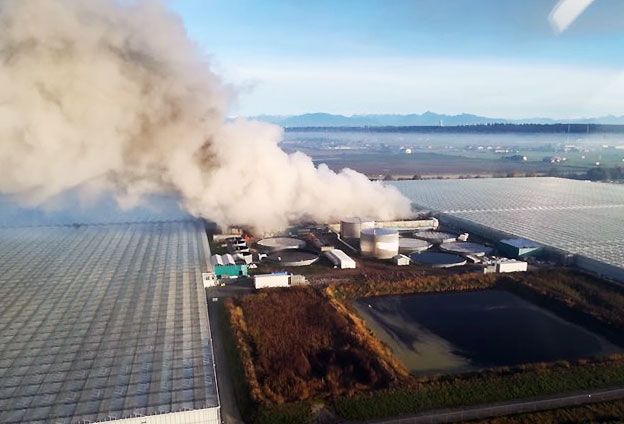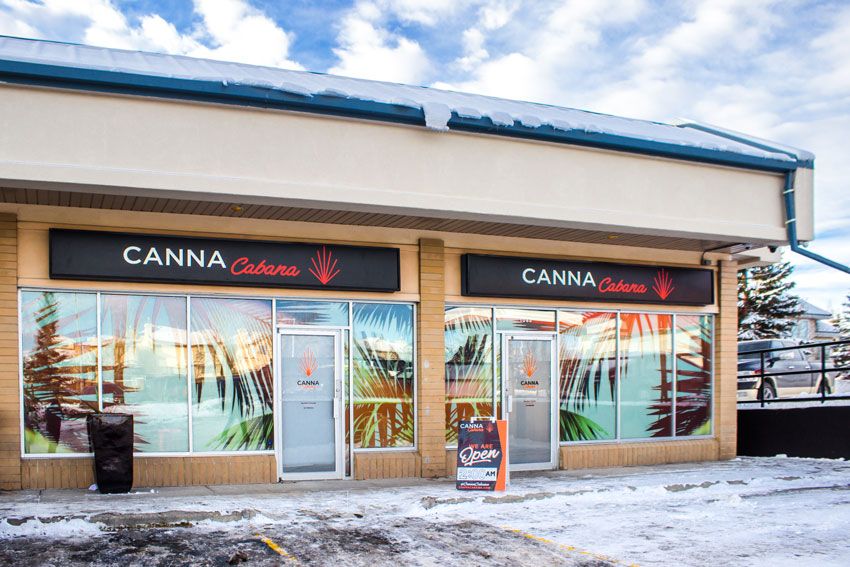The United Kingdom’s representative in the British Virgin Islands (BVI) is facing backlash over his apparent refusal to allow the country to establish a regulated medical cannabis industry.
The country’s elected representatives in June passed the Cannabis Licensing Act, which will open up the sector for commercial opportunities when it becomes law.
However, the governor – as the U.K.’s representative in the BVI – has thus far refused to give the pending law his stamp of approval, called Royal Assent.
Julian Willock, the speaker of the House of Assembly, addressed the issue during a recent session, calling the delay of a bill “an insult.”
“All the speaker is requesting is that the concept of coequal branches of government is put into practice and respected,” Willock said.
The BVI’s Foreign, Commonwealth and Development Office referred queries from Marijuana Business Daily to the governor.
The governor’s office has thus far not answered queries from MJBizDaily regarding the reason for the delay.
Willock also provided some context.
“I went back to look at British history, seeking information about the last time a king or queen refused to give Royal Assent,” the speaker said.
“What I discovered is that in modern times, the monarch, governor generals or governors, will always assent to a bill passed by the people’s house on the advice of the government of the day, as Royal Assent is now considered a formality.”
He said the last time a bill was refused to be assented to in the United Kingdom was more than 300 years ago, when Queen Anne vetoed a bill to arm the Scottish militia in 1708.
The U.K.’s refusal to allow elected representatives in British colonies and territories to pass a law is rare and controversial.
The American Declaration of Independence, for example, cites in its list of grievances the refusal of King George III to “assent to laws.”
“It is an insult to this honorable House of Assembly when 13 elected members pass a bill, then an unelected governor could just refuse to assent to a bill without proper explanation,” the BVI Speaker Willock said in the House.
“Many of my fellow speakers in the Parliamentary Commonwealth Association, whom I often converse with, have labeled this behavior as an abuse of power, dictatorship and injustice to the people.”
Courtney Betty, co-author of the Cannabis Licensing Act and adviser to the premier on the development of a regulated medical cannabis industry, told MJBizDaily the governor’s actions raise questions about the role of the monarchy in the British Virgin Islands.
“As clearly outlined by the speaker, there is no precedent within the British Commonwealth framework, even for a territory, for the governor to refuse Royal Assent without any form of legal basis or estimation,” he said. “It’s unprecedented.”
The premier previously called the delay “unnecessary.”
“We hope that there will be no more unnecessary and unsubstantiated delays in getting the BVI’s medical marijuana industry established so that our people can start benefiting from this new initiative,” Premier Andrew Fahie said in November.
The U.K. is home to London-based GW Pharmaceuticals, whose 3.2 million square feet of cannabis growing facilities make it one of the world’s largest producers of medical cannabis.
BVI’s Cannabis Licensing Act is available here.
Matt Lamers is Marijuana Business Daily’s international editor, based near Toronto. He can be reached at mattl@mjbizdaily.com.




